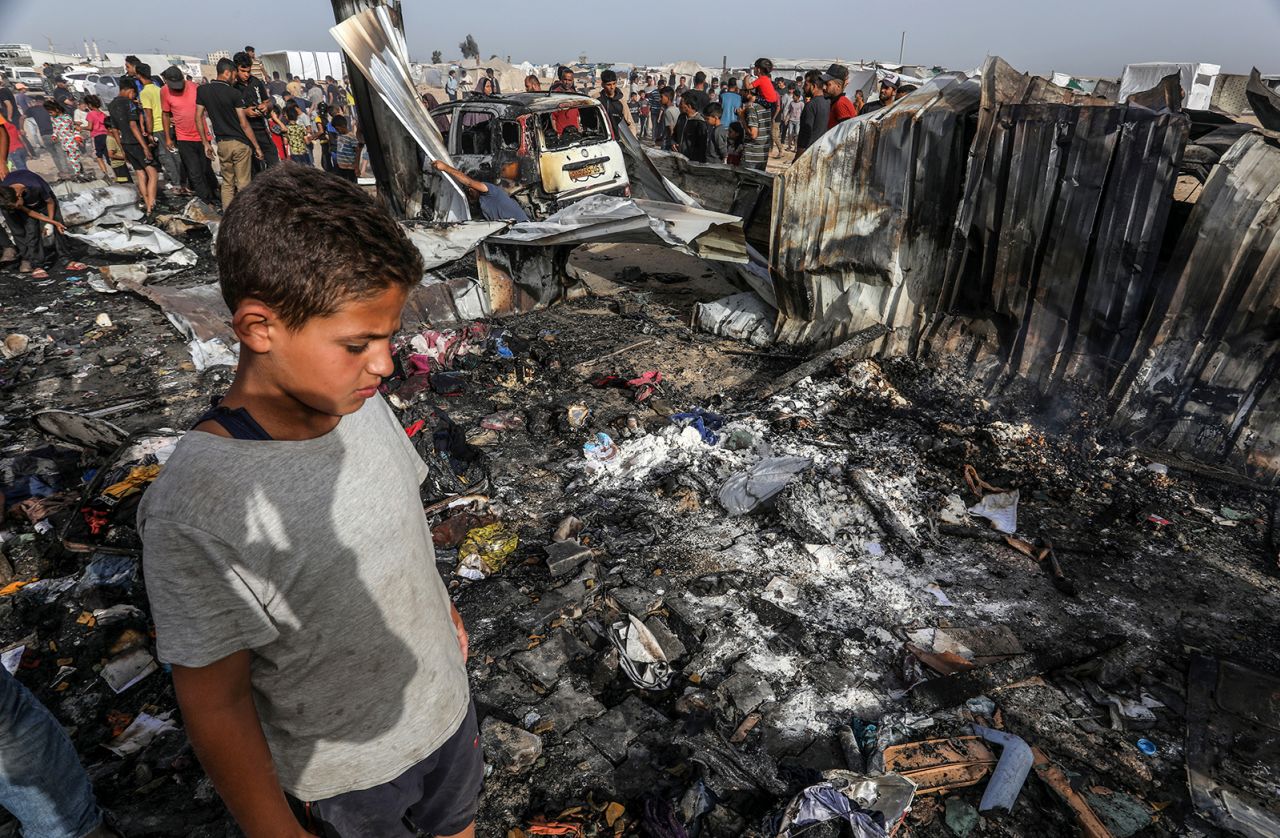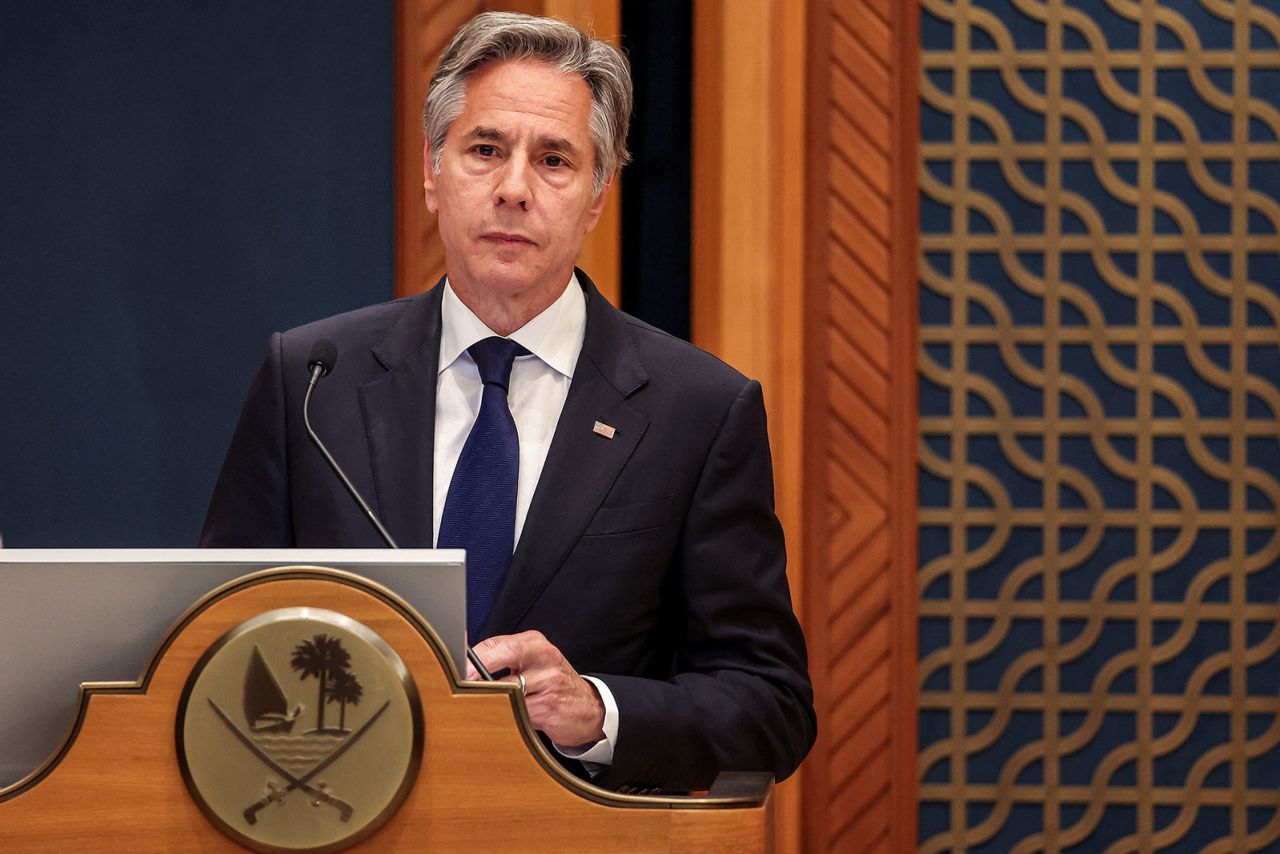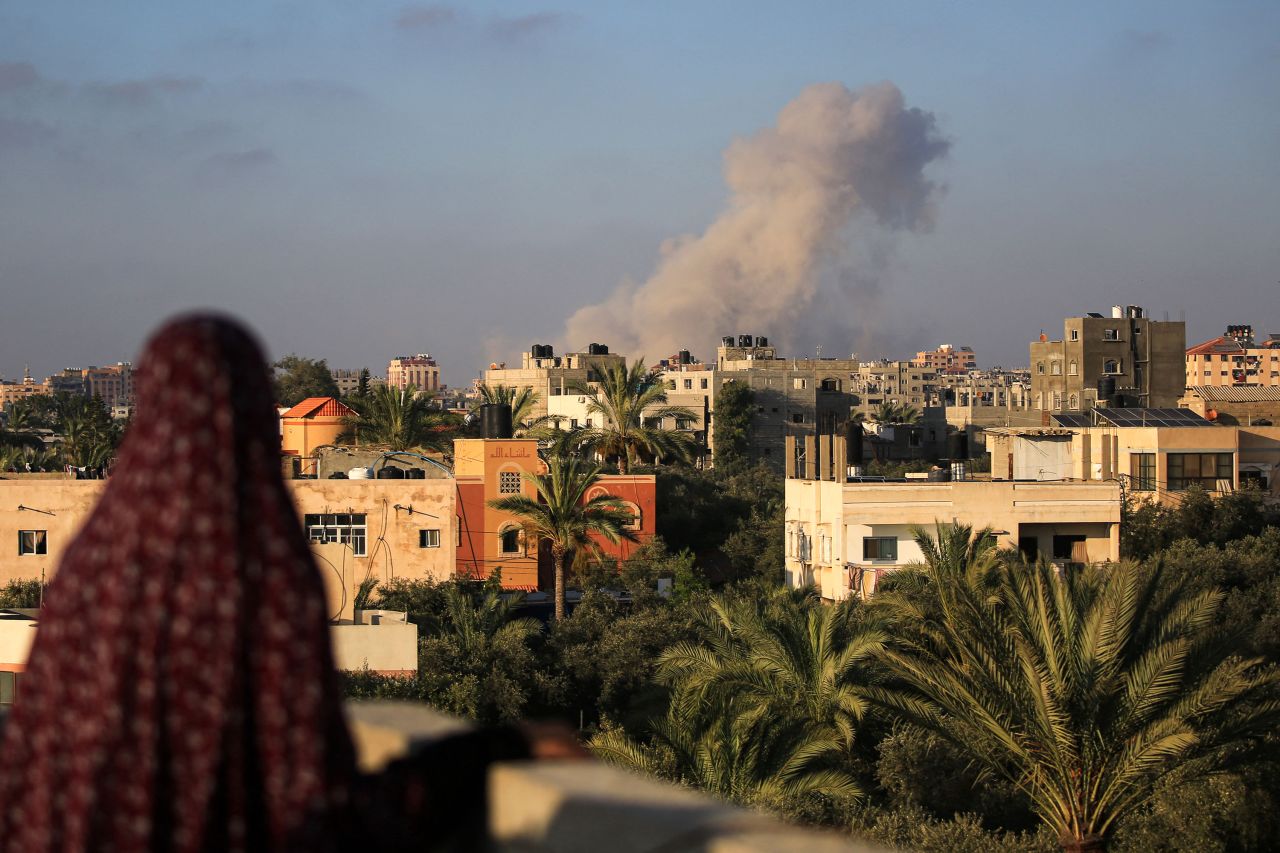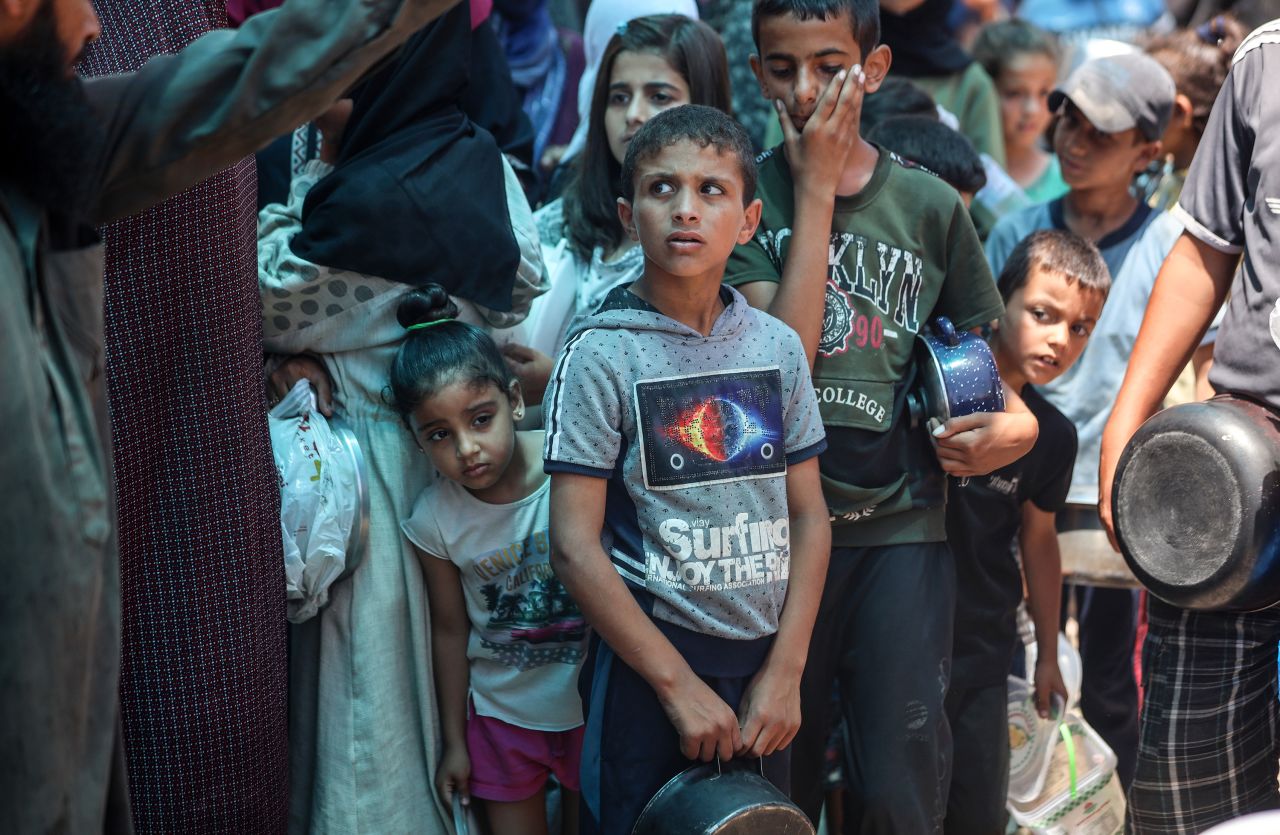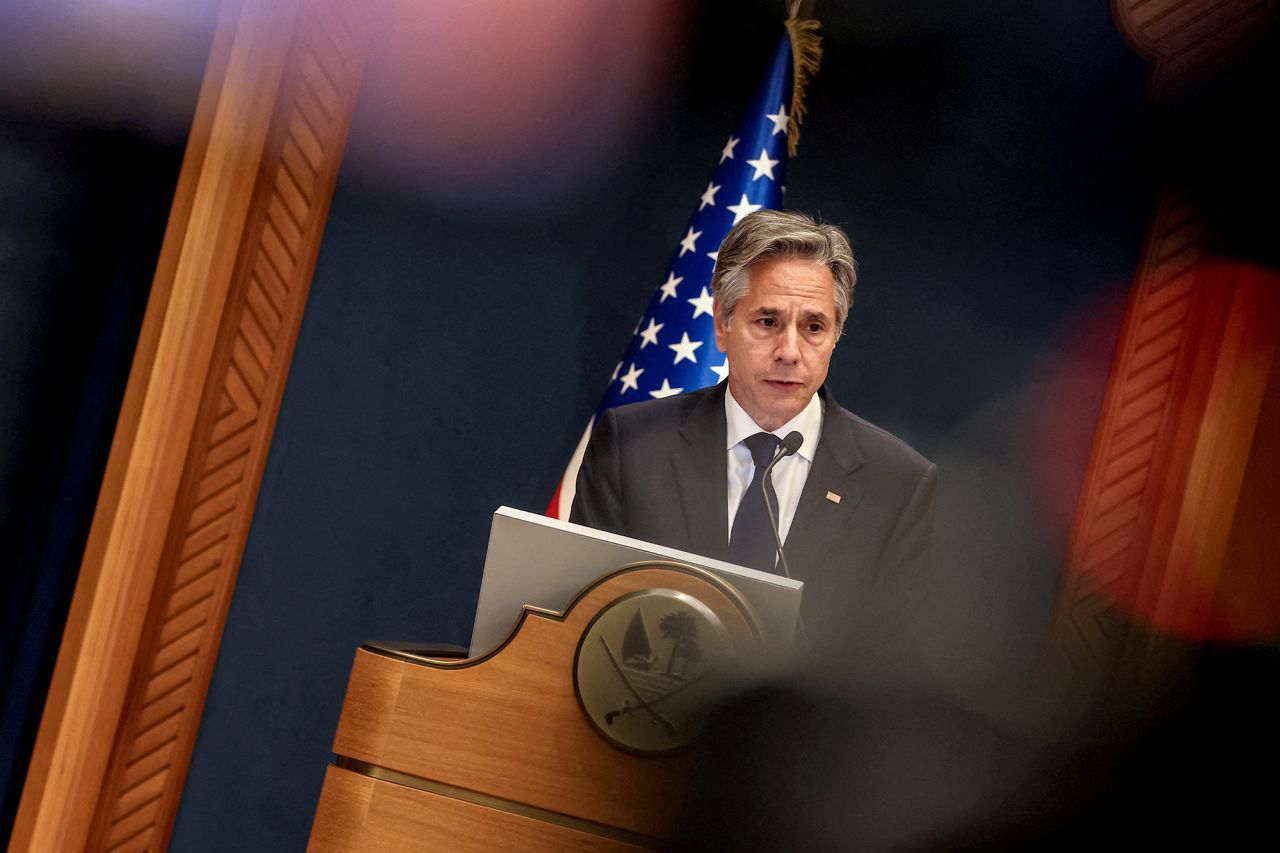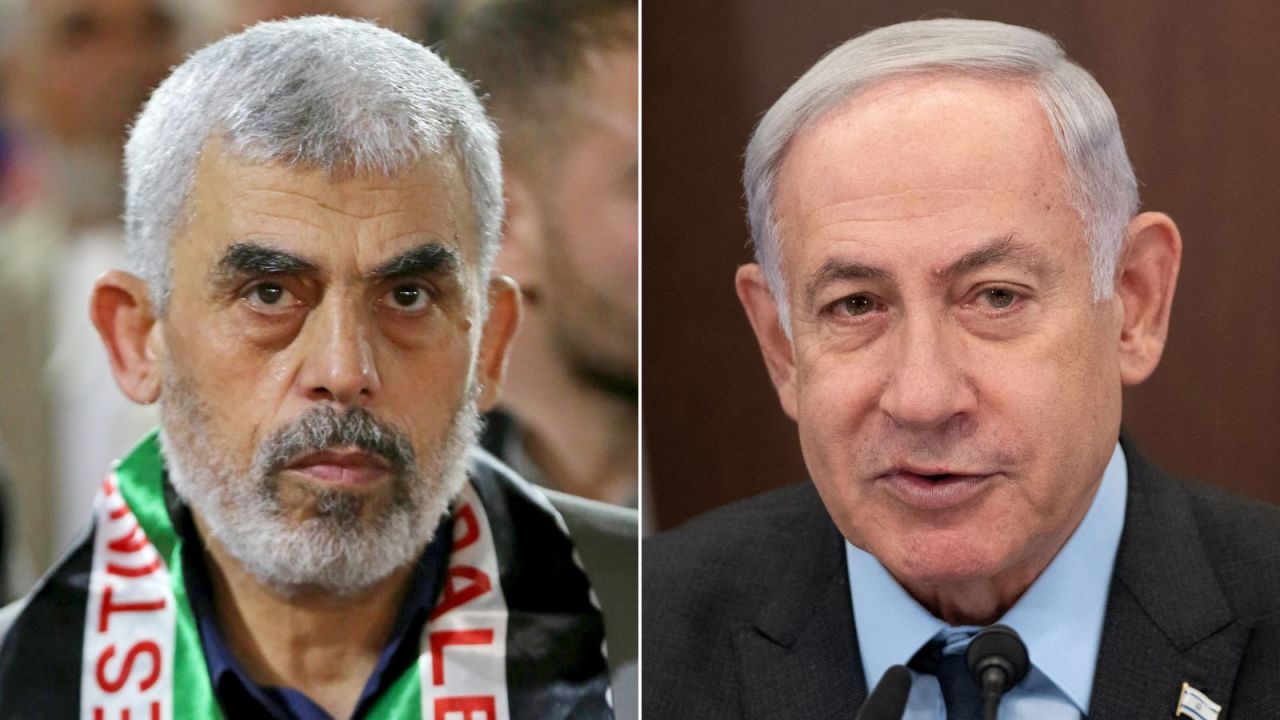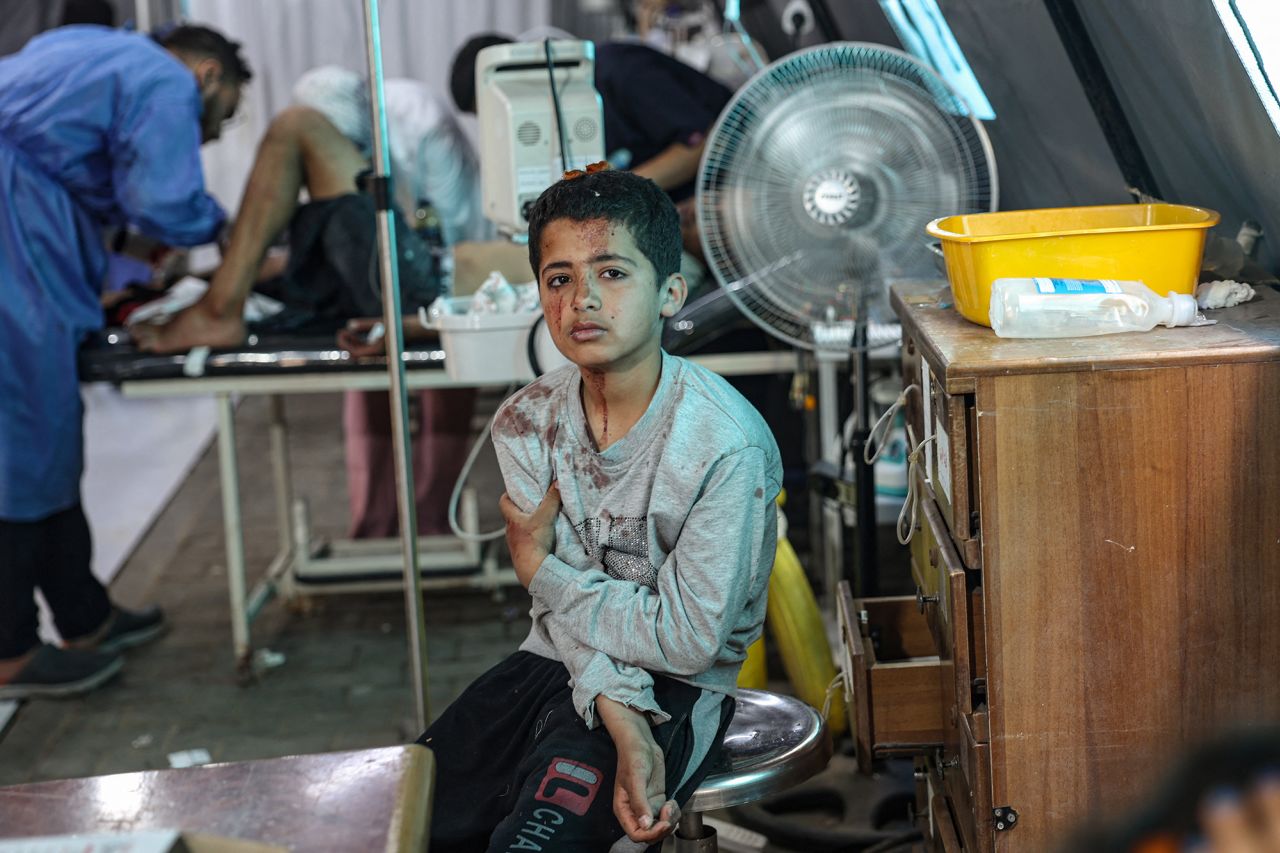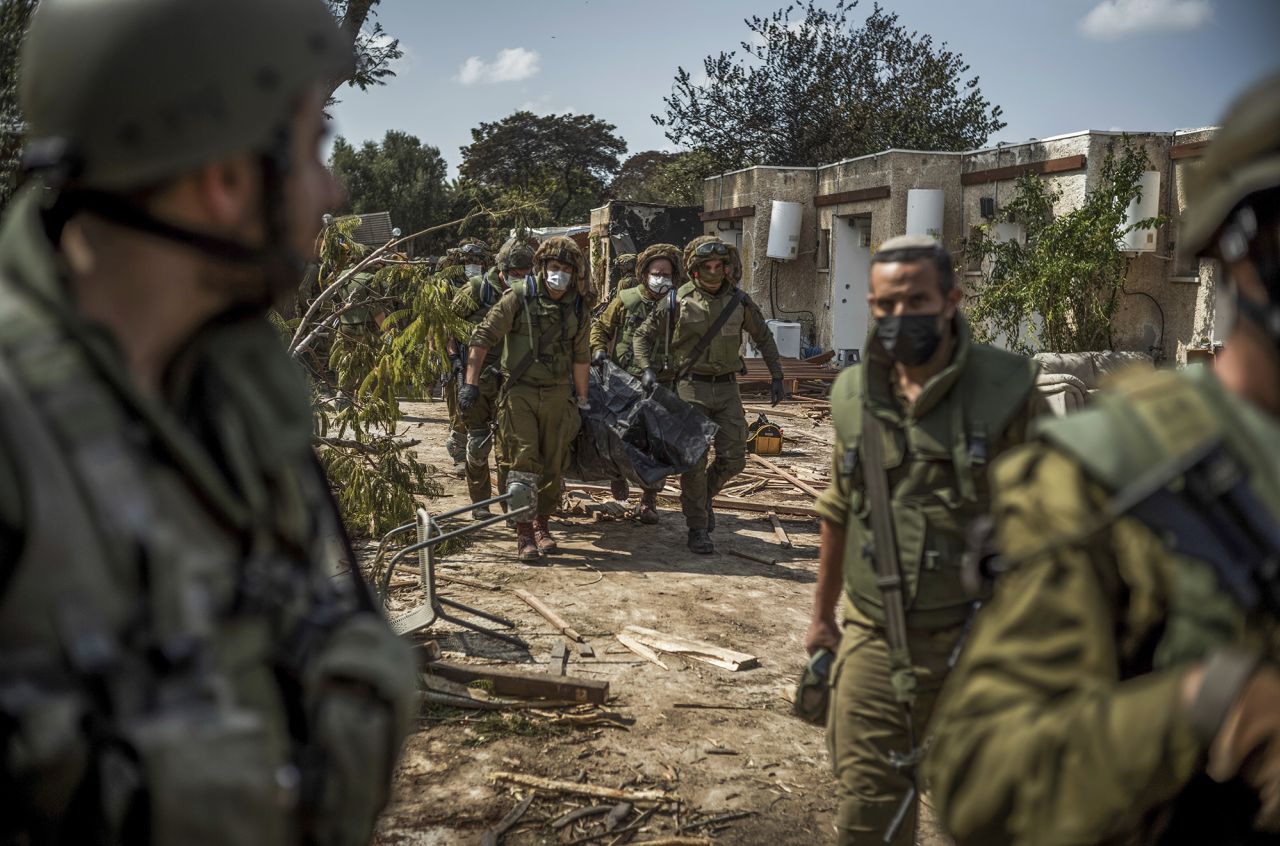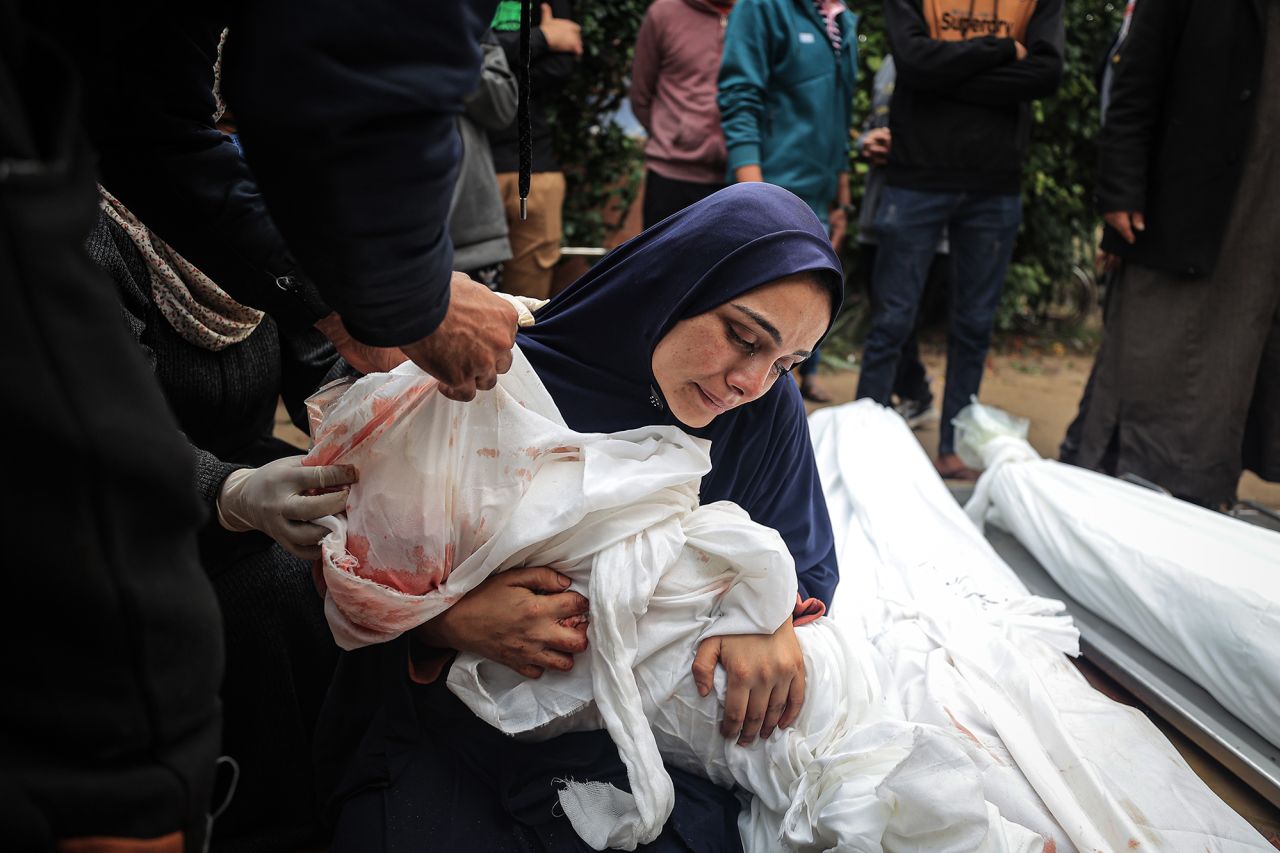The United Nations first in-depth investigation into the October 7 attacks and ensuing conflict in Gaza has found both Israel and Hamas committed war crimes and grave violations of international law. The reports, released Wednesday, cover events up to the end of 2023.
What war crimes did the inquiry find?
The commission found that Hamas committed war crimes on October 7, the day it and other Palestinian armed groups launched a murder and kidnapping spree in southern Israel which killed more than 1,200 people and saw some 250 people taken hostage. Those crimes included intentionally directing attacks against civilians, murder or wilful killing, torture, inhuman or cruel treatment, outrages upon personal dignity, and taking hostages, including children.
The commission found that Israel also committed war crimes, as well as crimes against humanity in the first 2.5 months of the conflict. A crime against humanity is defined as a widespread, systemic attack directed at a civilian population. Israel’s alleged war crimes include starvation, arbitrary detention, and killing and maiming “tens of thousands of children.”
Both Israel and Hamas committed sexual violence and torture, and intentionally attacked civilians, according to the reports, which span more than 200 pages.
How did the inquiry reach this conclusion?
The commission said its findings were based on interviews with victims and witnesses, thousands of open-source items verified through forensic analysis, hundreds of submissions, satellite imagery, forensic medical reports and media coverage, including several key CNN investigations.
How have both parties responded?
CNN has reached out to Hamas for comment.
Israel has accused the fact-finding mission of “attempting to justify” Hamas’ actions, of showing “systematic anti-Israeli discrimination,” and contextualizing the attacks “through the lens of the Palestinian narrative.” The Israeli mission to the UN said the report failed to mention continuous rocket fire on the country and claimed that it “outrageously and repugnantly attempts to draw a false equivalence between IDF (Israel Defense Forces) soldiers and Hamas terrorists with regards to acts of sexual violence,” adding that the Israeli military conducts itself in accordance to international law, including international humanitarian law.

